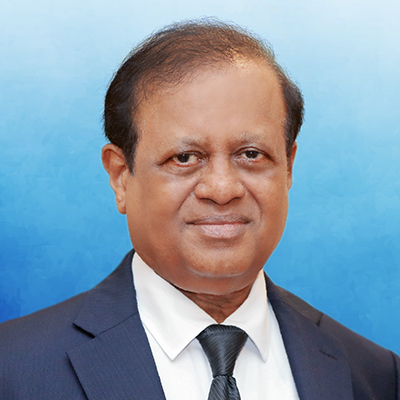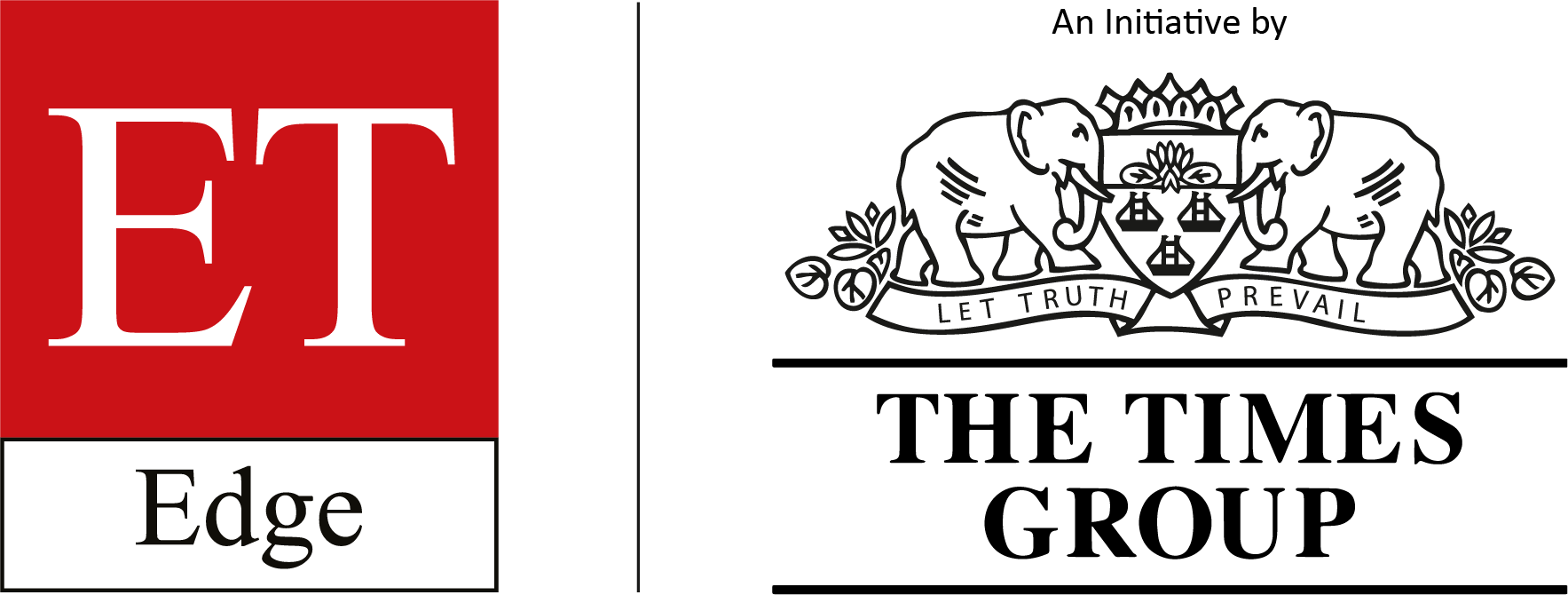
Hon. (Dr.) S.A.D. Susil Premajayantha
Minister of Education and The Leader of The House of Parliament
Government of Sri Lanka
Having completed his primary and secondary education from St. Johns College, Nugegoda, Sri Lanka since year 1960, Dr.S. A. D. Susil Premajayanthagraduated with a Bachelor of Law Degree from the University of Colombo in 1982 and subsequently he was sworn in as an Attorney-at-Law of the Supreme Court in year 1985. He also has gained a Masters Degree in Public Administration from the Post Graduate Institute of Management, University of Si Jayawardenapura in year 2004. Furthermore, he has followed a short term Leadership programme at Kennedy school of Government, Harvard University in USA in 2008. After successful completion of his Ph.D. programme, he obtained his Doctorate in Public Administration from University of Horizon, Paris, France.
He is a Member of Parliament representing the ruling party, presently serving as the Minister of Education having portfolios of Educaion, Higher Education, Science, Technology, Research, Innovations, Skill Development and Vocational Training while serving as the Leader of the House of the Parliament of Sri Lanka since 2022.
He entered politics by assuming duties as the Deputy Chairman of Sri Jayawardenapura Kotte Urban Council in 1991. In 1993, he was elected as a Provincial Council Member of the Western Provincial Council where he was appointed as the Minister of Local Government, Agriculture,
Sports & Cooperative. Subsequently,having increased confidence on him among the public, he was re-elected to the Western Provincil Council and as a result he became the Chief Minister of Western Province for 1995-2000. In year 2000, he was elected as a Member of Parliament for the first time and he was able to held his seat as a Member of Parliament in subsequent parliamentary elections. Ever since, he held many ministerial portfolios, Education, Power & Energy, Petroleum Industries, Environment, Renewable Energy and presently serving the nation as the Minister of Education, Higher Education and Science, Technology & Research.
With his rise to political fame, he was appointed as the National Organizer of the political party he represented and served as the General Secretary of United people’s Freedom Alliance (UPFA) for many years.
Apart from his political career, he is actively involved and holds various positions in many local and international organizations representing the Government of Sri Lanka, some of which are Life Member of Sri Lanka Russia Friendship Society since year 2000, Vice President of Sri Lanka Russia Parliamentar Friendship Association in 2002, Chairman of the Sri Lanka National Commissions for UNESCO from 2005 to 2010, elected to the Executive Board of UNESCO in year 2007, President of Sri Lanka Russia Parliamentary Friendship Association in year 2011 and from year 2015 to-date, Vice President of Sri Lanka Japan Parliamentary Association, Vice President of Sri Lanka China Friendship Association and the present President of Sri Lanka Cuba Parliamentary Friendship Society.
He also represented the Government of Sri Lanka as a Special Presidential Envoy on many occasions and historic Paris Agreement too has been signed by him as the special envoy of H.E. the President of Sri Lanka.
He has been confer with “Rising Sun” by the Emperor of Japan in recognition of Dr. Premajayantha’s significant contribution in Sri Lanka Japan Friendship in the area of Science Technology and Research.
Presently, he is serving as a Member of Board of Governors of Commonwealth of Learning (COL) and a Member of the UNESCO Executive Board
